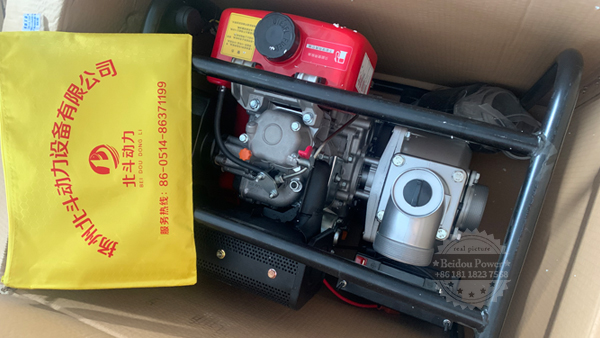To maximize the life of your portable diesel generator and keep it running efficiently, you need to maintain your machine regularly. In this article, I provide you with a few tips that can help you maintain your portable diesel generator effectively.
If you have a problem with your generator, contact the manufacturer for troubleshooting: Getting the problem right early can avoid serious failures and save money and downtime during subsequent repairs.
Portable diesel generators have regular oil and oil filter changes.
Just like changing your car’s oil, your portable diesel generator should also have regular oil changes. The replacement frequency is determined according to the manufacturer, the frequency of use of the generator and the working environment.
Assuming you are using a generator for the first time, some manufacturers recommend changing the oil within 8 hours of use to remove contaminants that have been exposed during manufacturing or shipping.
Continuous oil change frequency can range from 50 to 200 hours. Assuming you work in a dusty work environment, you may need to change the oil more frequently, as this can occasionally contaminate the oil and reduce its effectiveness.
For portable generators, we recommend changing the lubricating oil every 80 hours of operation and using synthetic oil as it has better lubricity and helps keep engine parts clean.
Also, make sure the weight of the oil meets the manufacturer’s requirements and change the oil filter every time you change the oil.
Clear the rotor and stator.
In a generator, the rotor and stator work together to generate electricity. The rotor turns, causing the magnets in the generator to generate current. This current is directed by the stator, powering any connected machines.
When the rotor and stator of a generator are exposed on one side, both parts can collect dust and debris. Accumulation of these pollutants will consume them early, shortening their lifespan and limiting their power generation potential.
In order to protect the rotor and stator, use compressed air or a blower to remove the dust in these parts and this gap at the end of each day’s work. Do not use water as this will cause an electrical short and possibly a fire.
Clean and replace the air filter.
This air filter collects dust and debris from the air entering the engine. When the filter is too dirty, there is not enough air flowing into the engine and the performance of the generator will suffer.
Check the air filter every week for dust and debris. If necessary, clean the filter with compressed air or water (make sure the air filter is completely dry before installing it). Assuming the air filter is still heavily soiled or caked after blowing out, the filter should be replaced.
Post time: Jun-22-2022

